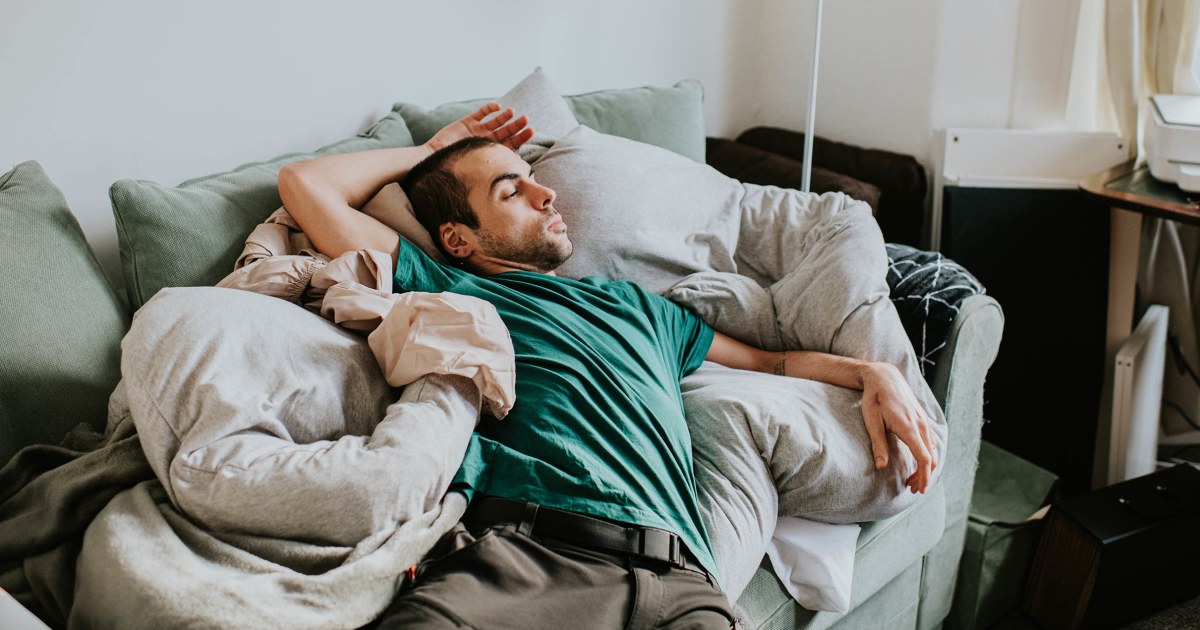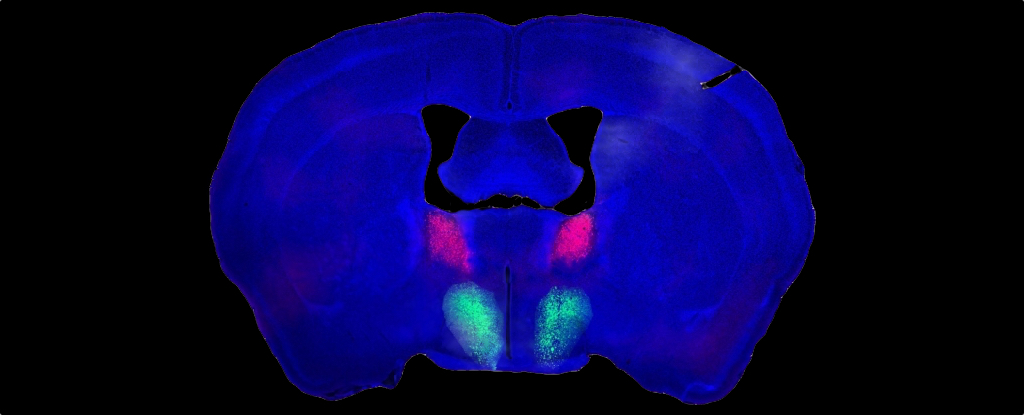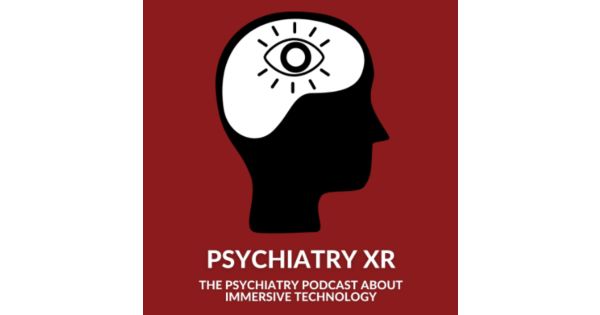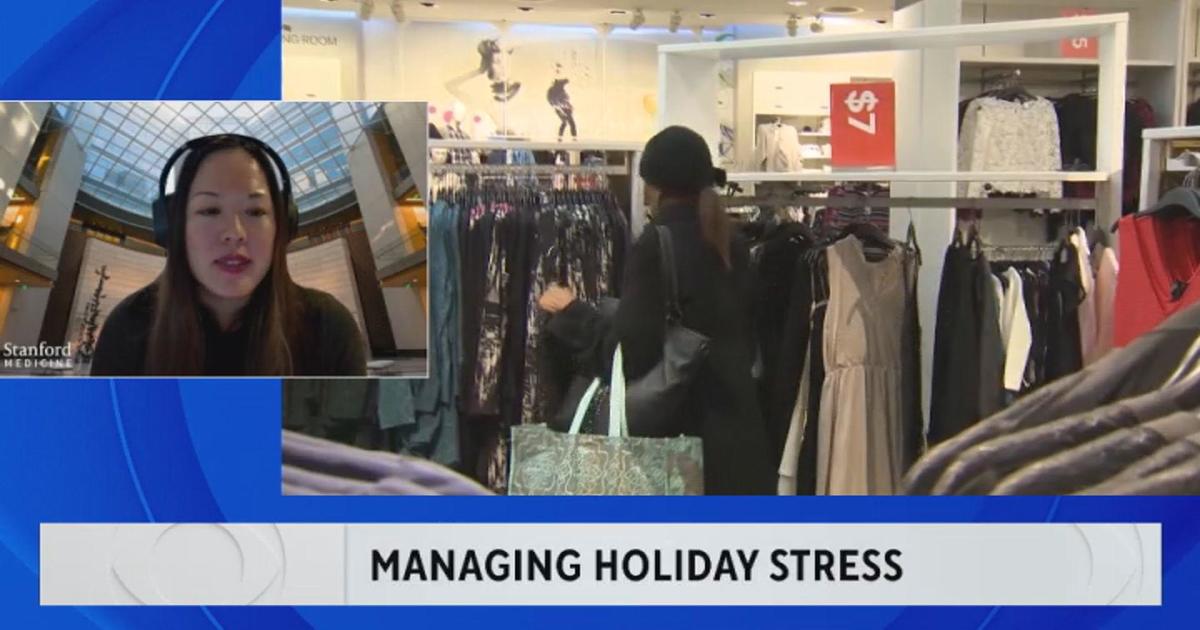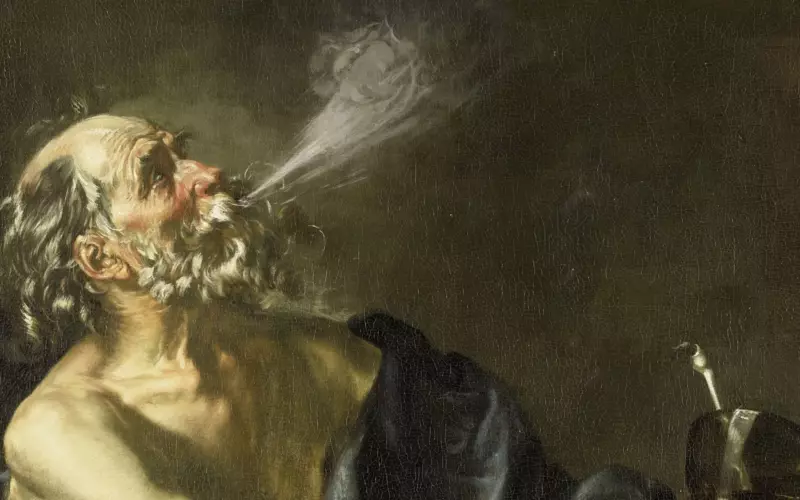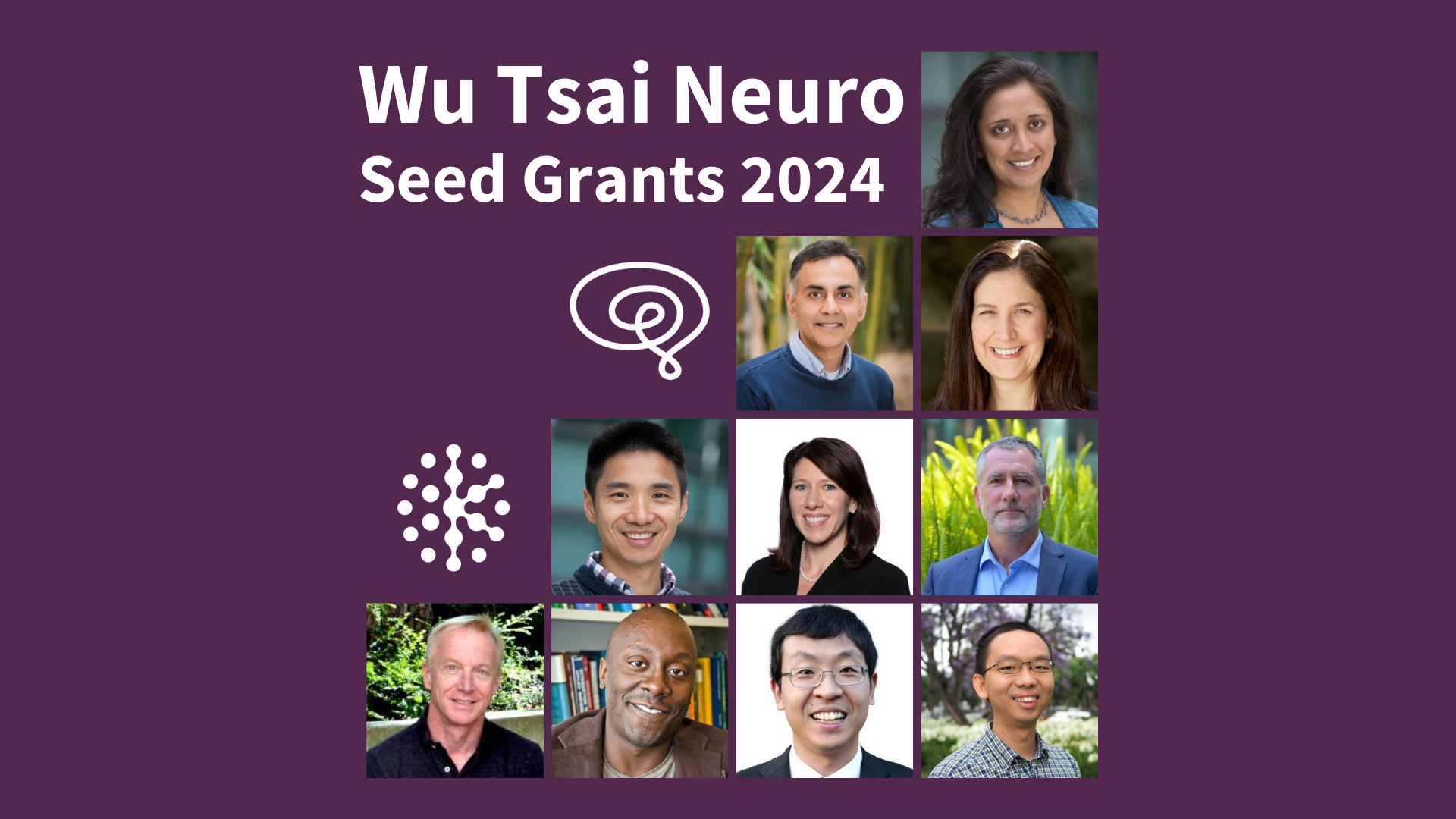News Mentions for the week of January 1, 2024
Our faculty often provide insight on current events and topics in the news.
Explore some of the articles that they have contributed to or been quoted in recently below.
- News Center - Stanford Medicine
Psychoactive drug ibogaine effectively treats traumatic brain injury in special ops military vets
Stanford Medicine researchers find that ibogaine, a plant-based psychoactive compound, safely led to improvements in depression, anxiety and functioning among veterans with traumatic brain injuries. Nolan Williams, associate professor of psychiatry and behavioral sciences, is quoted. Explore more coverage of this study here.
- TODAY.com
Doing nothing for this long each day can leave you feeling more creative and energized
During the busiest time of year, take a quick break to do nothing can help you return to your activities more refreshed. David Spiegel, the Jack, Lulu, and Sam Willson professor of psychiatry and behavioral sciences, is quoted.
- the Guardian
Everyone is on their phones. But is it really phone addiction we’re experiencing?
There is no standard diagnosis for ‘phone addiction’, and a debate rages about whether there should be. But will medicalizing a behavior help or harm those suffering from it? Anna Lembke, professor of psychiatry and behavioral sciences, is quoted.
- the Guardian
Sandy Hook parents press gunmakers to stop marketing weapons of war to kids
Parents of some of the children massacred in the Sandy Hook elementary school shooting are stepping up their anti-gun violence campaign by exposing how the firearms industry is marketing weapons of war specifically to vulnerable adolescents. Apurva Bhatt, clinical assistant professor of psychiatry and behavioral sciences, underscores that the development of the human brain makes children and teenagers especially susceptible to marketing.
- News Center - Stanford Medicine
Scientists use high-tech brain stimulation to make people more hypnotizable
Stanford Medicine scientists used transcranial magnetic stimulation to temporarily enhance hypnotizability in patients with chronic pain, making them better candidates for hypnotherapy. Afik Faerman, postdoctoral scholar in psychiatry and behavioral sciences, David Spiegel, the Jack, Lulu, and Sam Willson professor of psychiatry and behavioral sciences, and Nolan Williams, associate professor of psychiatry and behavioral sciences, provide comment. Explore more coverage of this study here.
- ScienceAlert
The Brain Circuit Behind Male Libido Has Been Identified in Mice
The sex drives of male mice seem to arise from a single, newly identified brain circuit, a new study reveals. Nirao Shah, professor of psychiatry and behavioral sciences, of neurobiology and, by courtesy, of obstetrics and gynecology, provides comment.
- CBS News Bay Area
Keeping your New Year's Resolutions
The New Year means New Years resolutions, however many people end up giving up by the end of January. CBS News Bay Anchor Elizabeth Cook speaks to Sarah Adler, clinical associate of professor of psychiatry and behavioral sciences, about keeping our promises to ourselves in 2024.
- Psychiatry XR Podcast
Versatile Nigeria-Based XR Developer and His Mental Health Innovation Called Thea
Kim Bullock, clinical professor of psychiatry and behavioral sciences, and co-host Faaizah Arshad speak with Jehoshaphat Allenlyon, a seasoned XR professional with over eight years in software engineering and product design, about his unique journey into the XR space and revolutionary work developing an AI-powered suite called "Thea" to support remote worker mental health.
- Psychiatry Unbound
Neuropsychiatry and Behavioral Neurology
In this episode, Laura Roberts, Department Chair and Katharine Dexter McCormick and Stanley McCormick Memorial professor of psychiatry and behavioral sciences, and professor, by courtesy, of psychology, is joined by John Barry, professor of psychiatry and behavioral sciences and, by courtesy, of neurology, and Sepideh Bajestan, clinical professor of psychiatry and behavioral sciences, to discuss their careers in the realms of Neuropsychiatry and Neurology, and their roles in the creation of the Concise Guide to Neuropsychiatry and Behavioral Neurology, Third Edition.
- GQ
There's More To Feeling Rested Than Getting Eight Hours of Sleep
How much time you spend in REM and deep sleep is crucial to feeling rested when you wake up the next day. Scott Kutscher, clincial associate professor of psychiatry and behavioral sciences, provides comment.
- National Geographic
1 in 40 people in the US has a hoarding disorder. A new treatment could help.
Virtual reality isn’t just for video games. It may help people with a hoarding disorder evaluate their possessions and declutter their home. Carolyn Rodriguez, professor of psychiatry and behavioral sciences, is quoted.
- Illinois Public Media
Alcohol at the holidays
It's holiday party season, and with that comes alcoho. But where do the people who can't drink, or don't want to drink, fit in? And when does enjoying alcohol cross the line into something more problematic? We'll talk about with experts in addiction and treatment about booze and the holidays in this episode. Featuring Smita Das, clinical associate professor of psychiatry and behavioral sciences.
- News Center - Stanford Medicine
Stanford Medicine’s top scientific advancements of 2023
Reflecting on the past year, the editors and writers of the Office of Communications picked some of the most significant scientific achievements they covered at Stanford Medicine in 2023.
- CBS News
Managing stress during the holiday season
A survey by the American Psychiatric Association finds nearly a third of Americans are feeling more stress this holiday season compared to last year. The study finds the top 3 sources of anxiety are affording holiday gifts, finding gifts, and the cost of holiday meals. Amy Alexander, clinical assistant professor of psychiatry and behavioral sciences, joins CBS News Bay Area anchor Ryan Yamamoto to discuss some tips to help manage the stress.
- IAI TV
Dopamine undermines the joy of the everyday
Explore the psychological consequences of rewards and the significance of embracing the present moment in this piece by Anna Lembke, professor of psychiatry and behavioral sciences.
- Wu Tsai Neurosciences Institute - Stanford Medicine
Neurosciences seed grants fuel research in childhood epilepsy, eating disorders, Alzheimer's and more
Wu Tsai Neuro's fifth round of seed grants spark innovative collaborations advancing our knowledge of the mind and brain across the lifespan. Congratulations to all of the recipients, including James Lock, the Eric Rothenberg, MD professor of psychiatry and behavioral sciences, and professor, by courtesy, of pediatrics, for the project entitled, "Use of gut-brain electrophysiology to study interoception in eating disorders," co-led by Todd Coleman, associate professor of bioengineering.
- Stanford Center for Innovation in Global Health
Embracing the emotions behind climate science
Stanford researchers highlight the urgency and importance of acknowledging emotions about climate change in research and education. Britt Wray, instructor of psychiatry and behavioral sciences, is mentioned.
- National Geographic
Why are so many adults just now being diagnosed with ADHD?
Rates of adult ADHD have jumped in the last two decades. Researchers are exploring whether 24/7 use of technology may be contributing. Elias Aboujaoude, clinical professor of psychiatry and behavioral sciences, provides comment.

